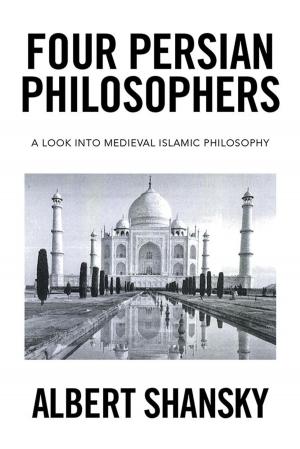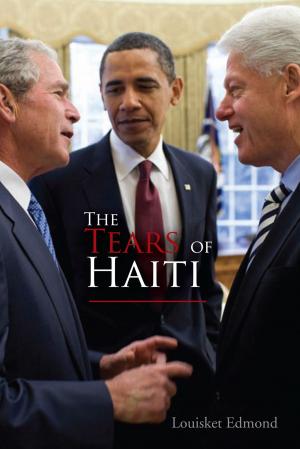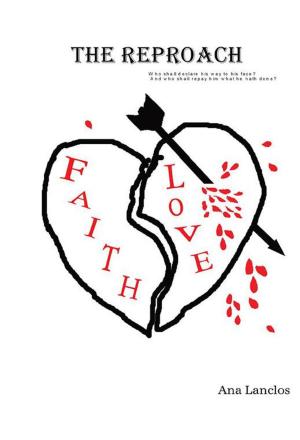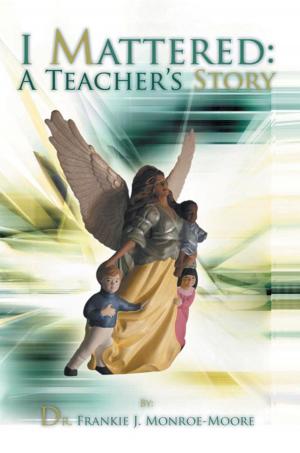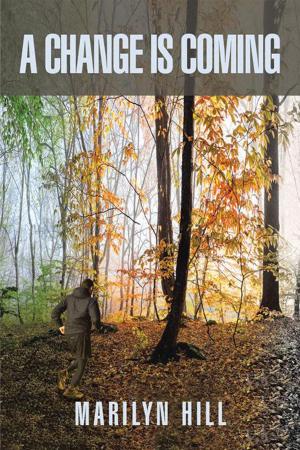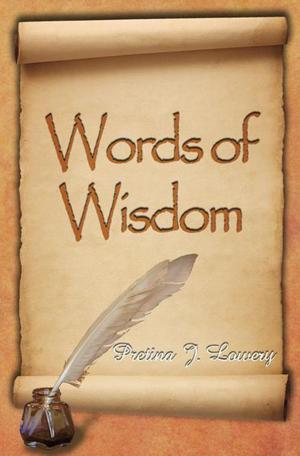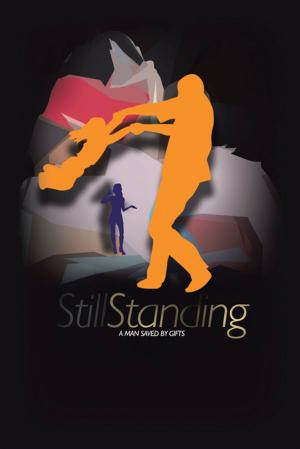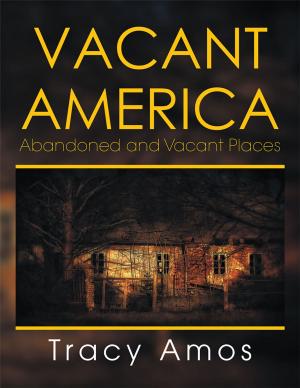Spiritual Selfhood and the Modern Idea
Thomas Carlyle and T.S. Eliot
Biography & Memoir, Literary, Fiction & Literature, Literary Theory & Criticism, Nonfiction, History| Author: | David Donovan | ISBN: | 9781469106380 |
| Publisher: | Xlibris US | Publication: | July 6, 2004 |
| Imprint: | Xlibris US | Language: | English |
| Author: | David Donovan |
| ISBN: | 9781469106380 |
| Publisher: | Xlibris US |
| Publication: | July 6, 2004 |
| Imprint: | Xlibris US |
| Language: | English |
Thomas Carlyle (1795-1881) and T. S. Eliot (1888-1965) were icons of their age, literary giants who dominated the British cultural landscape of the nineteenth and twentieth centuries. Yet both were cosmopolitan outsiders who lived in London as expatriates but remained products of their biographical historiesCarlyle as the working class Scotsman and Eliot the transplanted New England patrician. Carlyle quickly earned himself a reputation as the Chelsea Sage of the Victorian Era, the cultural prophet whose creative and critical works, informal salon gatherings, and oracular personality generated an unprecedented following among both the intellectuals and masses. His opinion and company were sought out by almost every major luminary of his century, including John Stuart Mill, Charles Dickens, and Ralph Waldo Emerson. And his social and political insights, like his aesthetic and philosophical views, touched on wide-ranging subjects from Romatic poetry and German history to parliamentary reform and slavery abolition. Similarly, T. S. Eliots reputation as a writer and social observer enjoyed mythic status as he became the preeminent twentieth-century critic of the English-speaking world. In his verse masterpiece The Waste Land, spiritual drama Murder in the Cathedral, Christian social initiatives with Moot, and editorial leadership at The Criterion, Eliot conversed with the principal figures and movements of his time, from Charles Maurras and the struggles against communism to G. K. Chesterton and disputes over Anglican reform. Ultimately, however, both men may be seen as moderns whose sensitivities inclined them to encounter the monumental historical changes of their day with a unique historical perspective and an informed cultural conservatism. Democratization, industrialization, urbanization, and population growth were signs of changing times, signs demanding a new vision and mode of expression to integrate and process rapidly transforming realities. And Carlyle and Eliot address these by establishing a spiritual response to modernitys loss of faith in transcendent authority. Their conceptions of self, society, and God are communicated, in other words, through a literary form that engages the conditions of modernity through the language, categories, and symbols of the Western humanistic and Christian traditions. And because their cultural and theoretical judgments fall on that historical continuum between the pre-modern and postmodern, their lives and works are particularly relevant as case studies that can tell us much about the historical progression of European intellectual and cultural history into the twenty-first century.
Thomas Carlyle (1795-1881) and T. S. Eliot (1888-1965) were icons of their age, literary giants who dominated the British cultural landscape of the nineteenth and twentieth centuries. Yet both were cosmopolitan outsiders who lived in London as expatriates but remained products of their biographical historiesCarlyle as the working class Scotsman and Eliot the transplanted New England patrician. Carlyle quickly earned himself a reputation as the Chelsea Sage of the Victorian Era, the cultural prophet whose creative and critical works, informal salon gatherings, and oracular personality generated an unprecedented following among both the intellectuals and masses. His opinion and company were sought out by almost every major luminary of his century, including John Stuart Mill, Charles Dickens, and Ralph Waldo Emerson. And his social and political insights, like his aesthetic and philosophical views, touched on wide-ranging subjects from Romatic poetry and German history to parliamentary reform and slavery abolition. Similarly, T. S. Eliots reputation as a writer and social observer enjoyed mythic status as he became the preeminent twentieth-century critic of the English-speaking world. In his verse masterpiece The Waste Land, spiritual drama Murder in the Cathedral, Christian social initiatives with Moot, and editorial leadership at The Criterion, Eliot conversed with the principal figures and movements of his time, from Charles Maurras and the struggles against communism to G. K. Chesterton and disputes over Anglican reform. Ultimately, however, both men may be seen as moderns whose sensitivities inclined them to encounter the monumental historical changes of their day with a unique historical perspective and an informed cultural conservatism. Democratization, industrialization, urbanization, and population growth were signs of changing times, signs demanding a new vision and mode of expression to integrate and process rapidly transforming realities. And Carlyle and Eliot address these by establishing a spiritual response to modernitys loss of faith in transcendent authority. Their conceptions of self, society, and God are communicated, in other words, through a literary form that engages the conditions of modernity through the language, categories, and symbols of the Western humanistic and Christian traditions. And because their cultural and theoretical judgments fall on that historical continuum between the pre-modern and postmodern, their lives and works are particularly relevant as case studies that can tell us much about the historical progression of European intellectual and cultural history into the twenty-first century.

